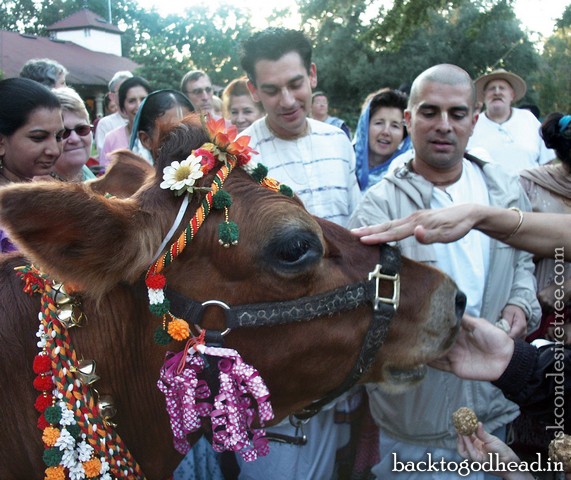When a National radio talk-show host criticized First Lady Michelle Obama for her "uppityism," observers on both sides of the political spectrum were aghast. "Uppity" is a derogatory label traditionally connected with the description of African American slaves who were not sufficiently servile. And Mrs. Obama is, of course, the first African American First Lady.
The same radio host had, earlier last year, mocked the visiting president of China as well as Chinese culture by doing an imitation of the Chinese president's "strange" manner of speech and describing the Chinese lettering system as "chicken scrawl." Then too, many listeners were appalled.
Routinely Unnoticed
Remarks like these provoke widespread disapproval while, just a few weeks before the "uppity" incident, an equally derogatory expression, disparaging an entire ethnic and religious tradition, went unnoticed because, well, it routinely goes unnoticed. A Republican presidential candidate was talking about reducing the national debt by doing away with wasteful government programs backed by entrenched interests in Washington, D. C.
"What I propose will not be easy," the candidate said. "Washington is full of sacred cows that supposedly can't be slaughtered … "
Sacred cows. You know, the stupid things people revere without rhyme or reason, epitomized by the cows in India that any sensible person sees as God's gift to humanity for hamburgers, steaks, belts, shoes, and handbags. And for great Western movies starring, by delirious twists of historical and geographical illiteracy, cowboys and Indians.
Trouble is, hundreds of millions of people do worship cows, holding them sacred. A century or more after the coining of the term "sacred cow" an entire subcontinent has not bowed to the wasteful wonder of grain-fed cowboy meat production that is a major contributor to global food scarcity. Go figure. And Blacks are still uppity, the Chinese still write in chicken scrawl, and the British still worship royalty and drive on the wrong side of the road. All of which calls for tolerance and understanding. If for no other reason than to respect an ancient religious and cultural tradition that is not going to disappear, "sacred cow" in these politically correct times ought to go the way of other racial epithets and cultural slurs.
But it might also help to know that cows have always been and remain today an essential part of the Indian village economy. They are not a cause of India's economic woes. Credit for those woes is better awarded to the variety of cowboys who plundered the country for the hundreds of years prior to India's independence.
The Cow's Value
For a minimum of care and without hormones and forcefeeding, cows in Indian villages provide milk, butter, and other nutritious milk products while the bulls, as oxen, plow the fields and rice paddies. Their sunbaked dung is a clean, sustainable, slow-burning cooking fuel. When they die, their hides and flesh may be used. But they are not slaughtered.
Cows and bulls are working members of the community and receive the respect naturally offered to a mother and father. As a mother gives milk and a father works to provide food, so the cow and bull are a second mother and father. At least from the point of view of this one time-honored culture.
If that is not sacred enough for Western cowboys, then yes, too, cows and bulls are an essential part of the Indian religious system. The Bhagavad-gita lists farming, care of cows, and trade as primary functions of the business community. Cows and cow by-products are essential elements in Hindu religious ceremonies. Lord Krishna, the speaker of the Gita, tends cows as part of both His earthly and other worldly pastimes.
Whether it is from political correctness, from understanding the cow's irreplaceable economic contribution to Indian life, or from respecting an ancient religious tradition, "sacred cow" should be a term of understanding, not of ridicule. We need to watch what we say, either as radio talk-show hosts or as uppity cowboys.
Mathuresa Dasa has written many articles for BTG over the years and lives in Gainesville, Florida, USA.

